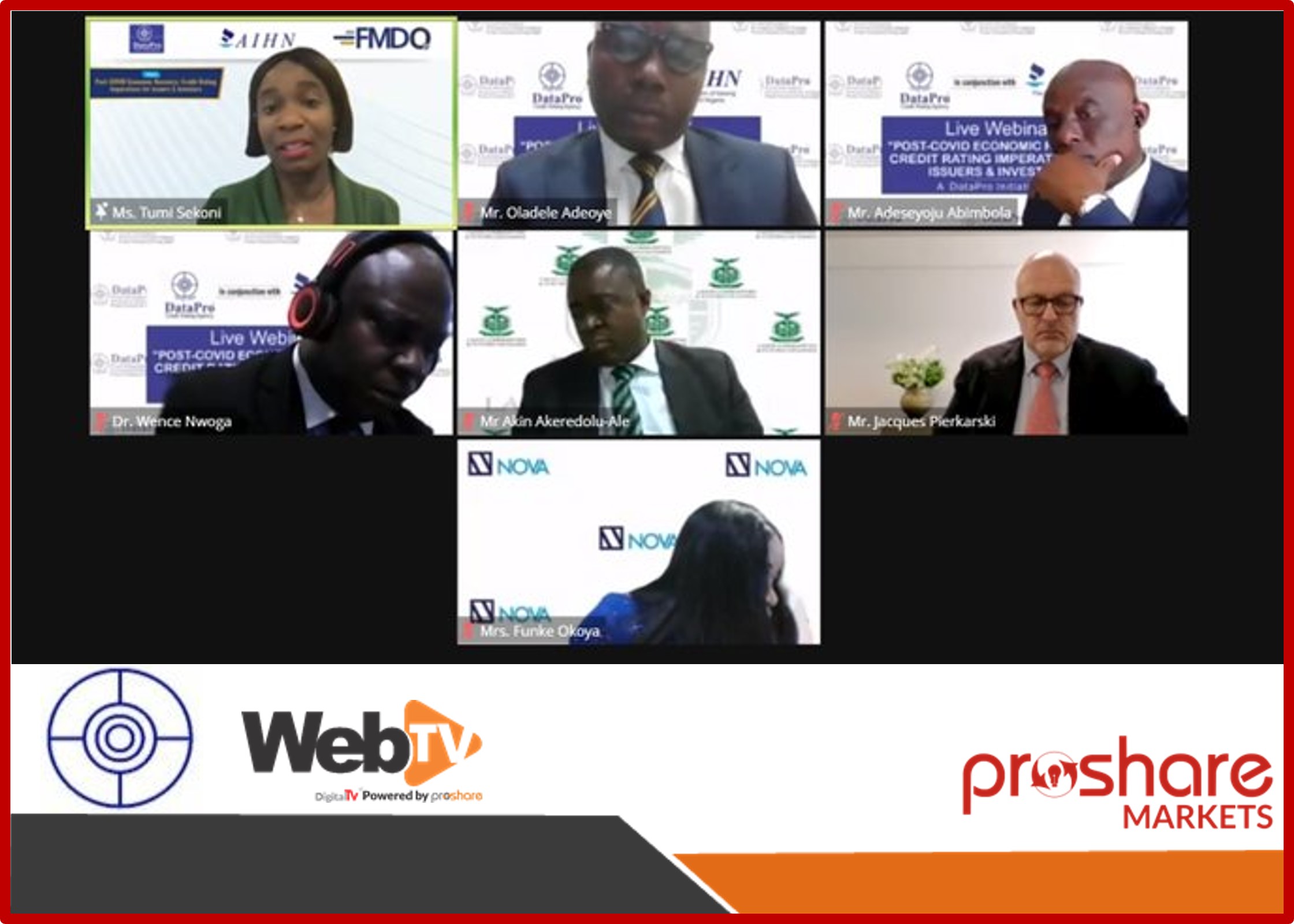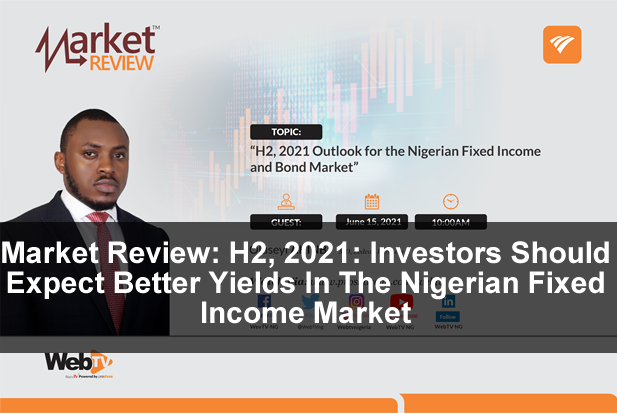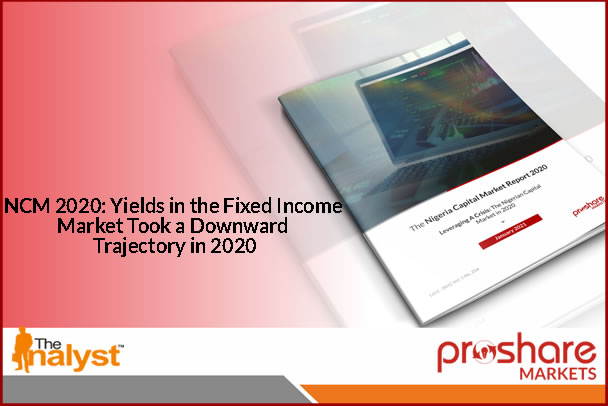Nigeria’s fixed income market in August 2022 had the mild pleasure of climbing a seesaw. The month saw yields rise slowly as selloffs kicked with investors swinging toward other preferred investments. Tighter monetary policy pulled interest rates up and bond prices down. Risk-free bond instruments saw negative returns despite the upward adjustment in coupon rates.
Analysts note that historically, bond yields have been positive at times of rising interest rates as coupons offset price declines. However, the high inflation rates of 2022 resulted in negative returns. The returns pushed investors to exit the market for other safer assets, recording the biggest outflows recently. Bond yields last year rose to record highs across countries, with the UK’s 10-year bond yield recording the highest growth of +223.71% year-on-year (Y-o-Y), followed by the US’s 10-year bond with +139.74% Y-o-Y as of November 2022 (see chart 1 below).
Chart 1:

The hawkish U.S. Fed stance generated an inverted yield curve in US treasuries, with short-term yields rising higher than yields at the longer end of the market, which was equally seen in most countries such as Germany, Canada, and the UK. With an inverted yield curve creating recession fears, the bond market stayed bearish with investors opting for shorter-dated bonds as a shield against inflation and recession risk.
The rising cost of borrowing became a debt sustainability worry for investors, contributing to the selloff sentiment. Meanwhile, the bloating yields in the fixed income market prompted quantitative tightening by some monetary authorities. For instance, the Bank of England opted for a bond-buying programme for long-dated maturities during the mini-budget saga in September to tamp financial market panic. The intervention dropped yields to around 3% from above 4%.
The domestic market was not left out of the massive outflows, the huge selloffs pushed the average benchmark yields from 11.82% as of January 14, 2022, to a record high of 14.79% as of November 17th, 2022. The monetary tightening and rising inflation pressured the federal government to raise the stop rate on primary auction issuances in order to attract investors; from 12.50% in its January issue to 14.55% issued in December. Despite the raised interest rate, investors still exited the bond market as inflation expectations remained relatively high.
Staging a Comeback
Surprisingly, bond yields softened in Q4, warming up to the slowdown in the pace of rate hikes. The improved investors’ confidence globally stimulated buying interests, making yields skip down. In Nigeria, bond yields peaked on November 9, 2022, at 14.82% as buying interests resurfaced bringing yields down to 13.31% as of December 29 despite the Monetary Policy Rate (MPR) of 16.5% on higher inflation figures in December (21.47% as of November). Some analysts attribute the investment inflow to the windfall of old stashed notes as the deadline for the old note for new note swap gets closer (CBN naira redesign policy) (see chart 2 below).
Chart 2:
End note
The sustainability of the recent buying interests seems sketchy as the old notes will cease to be legal tender by January 31, 2023, leaving the big Elephant (Inflation) and MPR’s direction to determine the fate of the market. Also, Debt sustainability fears with the mounting public debt stock at N44.06trn as of September 2022 might be another defining metric. Howbeit analysts expect higher bond issuances in the coming year to cover the N10.78trn 2023 budget deficit and N819.54bn supplementary budget, which will be accompanied by higher coupon rates to attract investors.
Nigeria’s Fixed Income market has breached the rule of long-term rates being higher than short-term rates at the longer end of treasury markets. The inverse curve is primarily because of public sector intrusion in the price discovery mechanism for domestic public debt. An anomaly that could have severe fiscal implications for long-term treasuries.
 Lagos, NG • GMT +1
Lagos, NG • GMT +1











 364 views
364 views

















 Sponsored Ad
Sponsored Ad
 Advertise with Us
Advertise with Us









